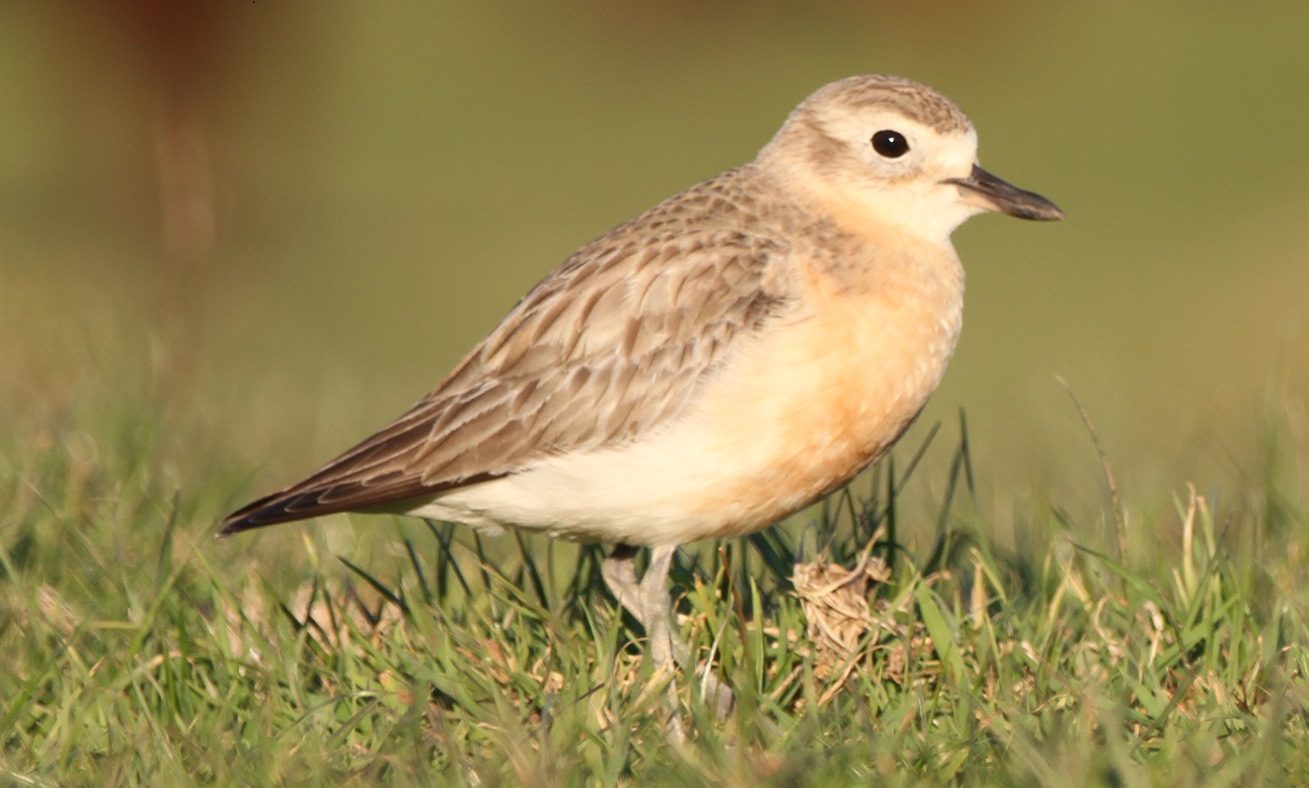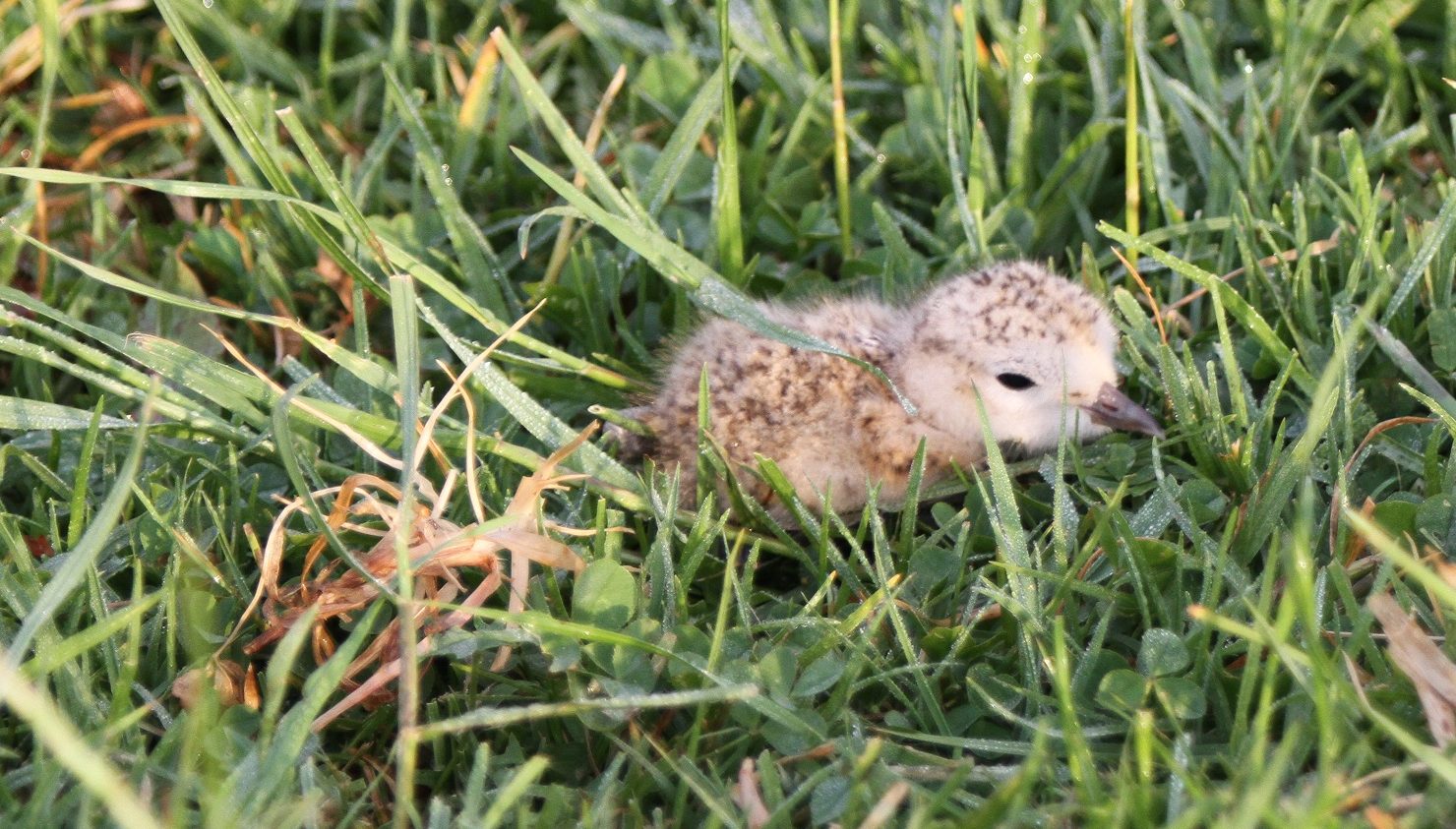Proposed housing development in Point England will evict wildlife
In early December, the Government announced its intention to introduce new legislation that will lift the reserve status over 11.7 hectares at Point England Reserve in Auckland. They plan to sell it to Ngāti Pāoa to build a new housing development that includes 300 homes and a marae.
Point England Reserve is the largest public open space on the Tāmaki River foreshore and home to a range of native wildlife. It is a valuable roosting site for New Zealand Dotterel, godwit, shore plover, pied stilt (who also breed in the area), variable oystercatcher, south island pied oystercatcher and royal spoonbill. But the proposed housing development will destroy the primary roosting habitat of between 50 and 90 per cent of the remaining shorebirds in the estuary.

New Zealand Dotterel at Point England reserve (Photo: Shaun Lee).
Point England Reserve was only recently designated as a “Public Open Space” in the Unitary Plan and Government is using the process to lift the reserve status and direct the council to rezone the land, thus circumventing the Resource Management Act and any consultation process. If the Enabling Bill goes ahead, it could create a precedent for this type of development.
Forest & Bird will be submitting on the following issues that we believe will affect the biodiversity of the area:
- It will create a precedent for this type of development
- The site wasn’t designated for housing (e.g. as a Special Housing Area) in the PAUP but rather as Public Open Space along with the rest of Point England Reserve
- This Public Open Space will be needed to serve the future open space needs of the area
- The importance of the Reserve in a wildlife linkage connecting with the Hauraki Gulf Island and the Hunua Ranges etc
- The significance as an Important Bird Area and its relationship to other such areas in the Hauraki Gulf, Tamaki Estuary and Manukau Harbour
- The Reserve is a ‘valuable’ breeding area for the Northern NZ dotterel (NNZD; current threat status: at risk)
- Pied stilts (declining) also breed on the Reserve
- The Reserve is also a high tide roosting area for a number of threatened birds
- The proposed development site itself contains several existing breeding sites for Northern NZ dotterel .The site also contains high tide roosting sites for several birds
- Disturbance of breeding and roosting birds on the Reserve due to increased activity from the presence of humans, dogs etc
- Future viability of rest of Reserve to support a breeding population of Northern NZ dotterel
- Future viability of the rest of the Reserve as a high tide roosting site
- Impact on the estuarine environment due to sedimentation and storm water run-off etc
- The need for future to compensate for the loss of coastal breeding sites due to sea level rise

New Zealand Dotterel chick, Point England reserve (Photo: Shaun Lee).
Forest & Bird will be asking for a decision on the Bill to be delayed until an independent Environmental Impact Assessment has been produced and a more appropriate development proposal has been supplied.
You can help to protect this important habitat and the wildlife it supports by making a submission to the Local Government and Environment Committee (by January 31) or by adding your voice to this petition asking for a better development plan.
Read more about Point England as an important habitat for shorebirds on the “Save Point England” website.
EDIT (03/02/2017): On 31 January Forest & Bird made a submission opposing the bill to enable the development of the Point England Reserve in Auckland and requesting to be heard on the matter. This was a change to our initial approach which had been to ask for an Environmental Impact Assessment of the area and a more appropriate development proposal. Why? Because after talking to numerous experts it became clear that we CANNOT lose any of Auckland’s reserve lands. Protecting these areas is even more important as pressures from coastal development, recreational activities and the impacts of sea-level rise escalate. And setting this kind of precedent for being able to develop on public land could have major long-term effects. Hearings are expected to take place soon and our legal team will be there as a strong voice for nature.
